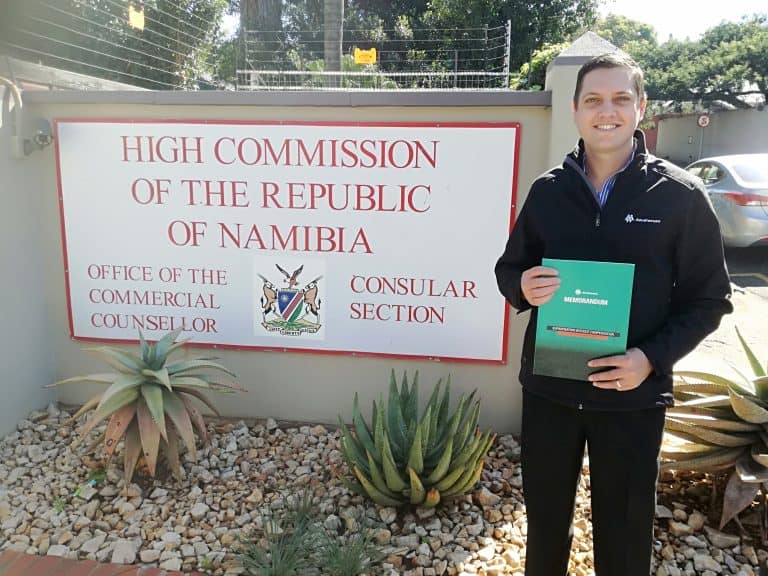AfriForum comments on proposed Tshwane Land Management Policy
AfriForum submitted comments on the City of Tshwane’s draft land management policy regarding the alienation and expropriation of immovable property on 6 August 2018. Regional public meetings on this policy were held and the public could submit comments to the city council.
“This policy should be in line with the principle of legality, having due regard to rationality and proportionality, and should assist the city in fulfilling its constitutional obligations by giving effect to its Integrated Development Plan (IDP). The city should not get involved in the real estate game as the private sector is well-equipped to manage it. Institutional competition in real estate will result in an uneven playing field with associated risks to the community at large,” says Lambert de Klerk, AfriForum’s District Coordinator for Northern Gauteng.
“Sub-paragraph d of the policy refers to the disposal of ‘surplus property assets’ in favour of previously disadvantaged members of the community and for black economic empowerment purposes. AfriForum wants to know how this surplus arose, as one of the principles governing public administration provides for the promotion of the economic and effective use of resources. Municipal services should also be provided impartially, fairly, equitably and without prejudice. Instead of limiting the options of the city through the disposal of surplus land, the city should rather be guided by the Spatial Development Framework (SDF) and needs as identified in the IDP,” says Morné Mostert, AfriForum’s Head of Local Government Affairs.
AfriForum also reminded the city in its letter that the city is constitutionally obliged to perform the functions detailed in Schedule 4B and 5B of the Constitution by assisting the other two government spheres in this task to give effect to the Bill of Rights. It may also not compete with private enterprises in the real estate industry. Property held by the city should thus be limited to land required to fulfil its constitutional obligations. Therefore, it is vital that surplus land be disposed of in the best interest of the community on whose behalf the city is supposed to act.
In performing its constitutional obligations, the city must be guided by its IDP and SDF. The city’s primary objective is service delivery, while the private sector, as the engine room for economic activity in the city, must develop land and create economic opportunities.






